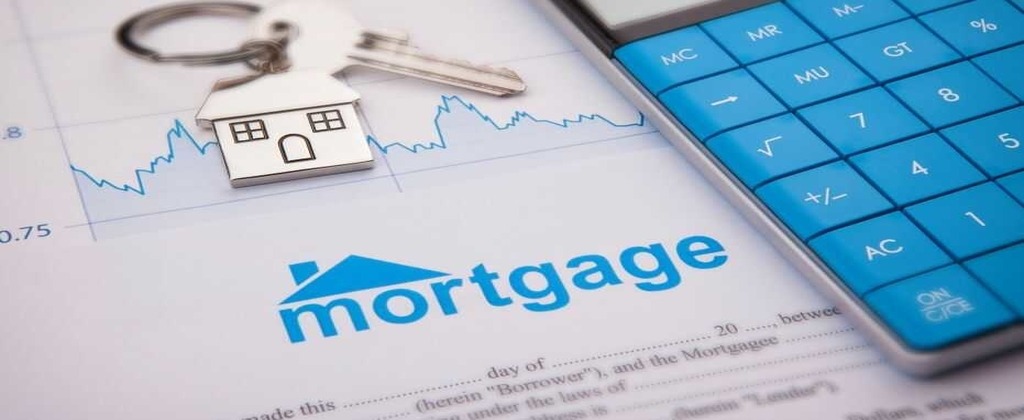Equitable mortgages are a type of mortgage that is commonly used in Nigeria. It is a mortgage where the borrower pledges their property as security for a loan. In this type of mortgage, the lender holds the property in trust until the borrower has repaid the loan. Once the loan is repaid, the lender transfers the property back to the borrower.
In Nigeria, equitable mortgages are governed by the Land Use Act of 1978. The act provides that all land in Nigeria belongs to the government, and individuals can only hold land through a leasehold. This means that individuals cannot own land outright; instead, they lease the land from the government. This has implications for equitable mortgages, as the property that is being mortgaged is technically owned by the government.
To create an equitable mortgage, the borrower and the lender must enter into a legal agreement known as a mortgage deed. The mortgage deed must be registered with the Land Registry, and the borrower must pay a registration fee. The registration fee is calculated based on the value of the property being mortgaged.
One of the advantages of an equitable mortgage is that it is relatively easy to create. The borrower does not need to transfer ownership of the property to the lender, which means that they can continue to use the property while repaying the loan. This is particularly useful for individuals who need to access credit but do not want to sell their property.
Another advantage of an equitable mortgage is that it is a secure form of lending. The lender holds the property as security for the loan, which means that they can recover their money if the borrower defaults on the loan. This is particularly important in Nigeria, where default rates on loans are relatively high.
However, there are also some disadvantages to equitable mortgages. One of the main disadvantages is that they are more expensive than other forms of lending. The registration fee for an equitable mortgage is calculated based on the value of the property being mortgaged, which means that it can be quite expensive. In addition, the borrower will also need to pay legal fees and other associated costs.
Another disadvantage of an equitable mortgage is that it can be difficult to sell the property if the borrower defaults on the loan. The lender will need to go through a legal process to sell the property, which can take time and be expensive.
In conclusion, equitable mortgages are a common form of lending in Nigeria. They are relatively easy to create and provide a secure form of lending for both borrowers and lenders. However, they can also be expensive and difficult to sell if the borrower defaults on the loan. It is important for borrowers to understand the implications of an equitable mortgage before entering into an agreement with a lender.
































